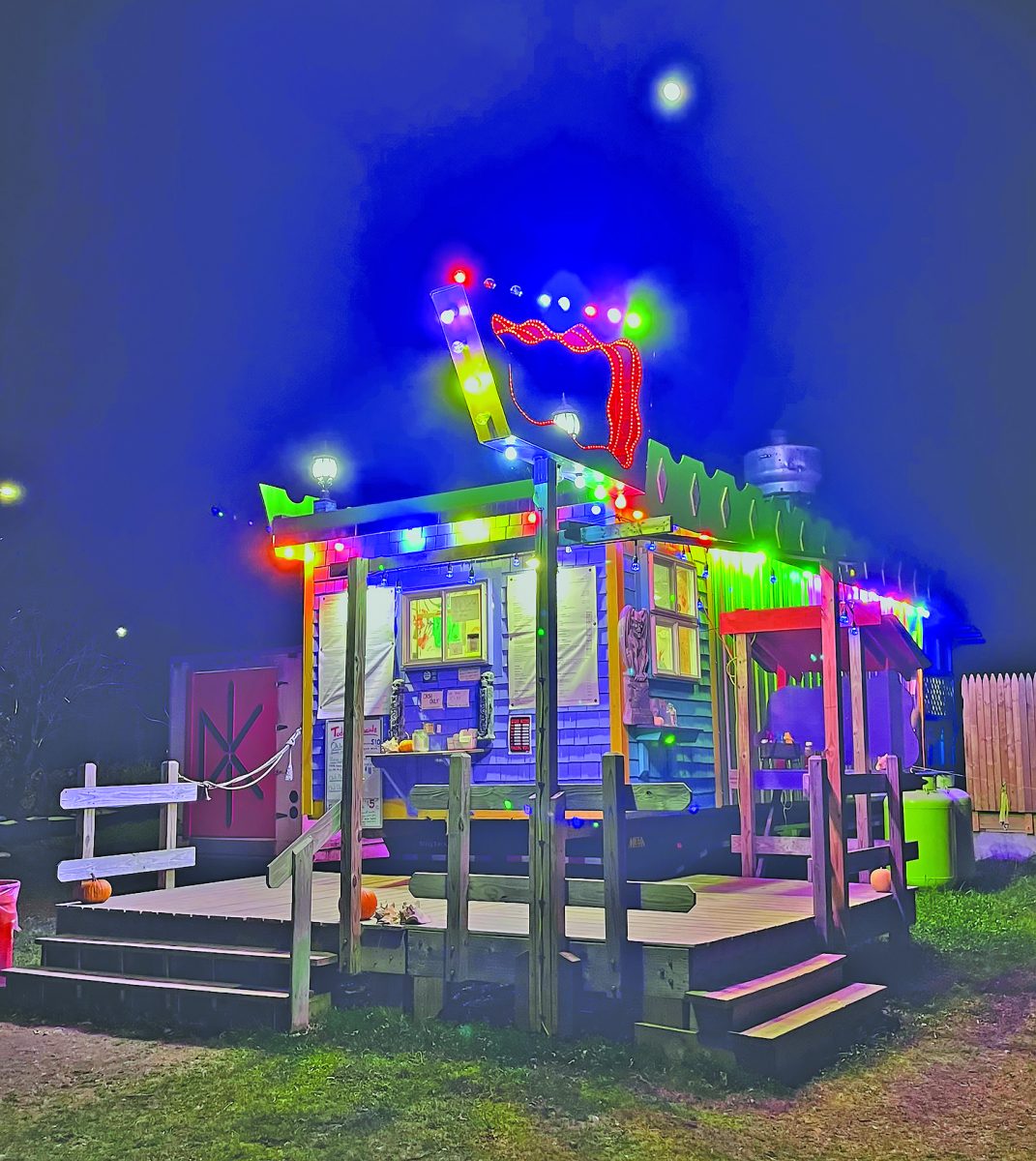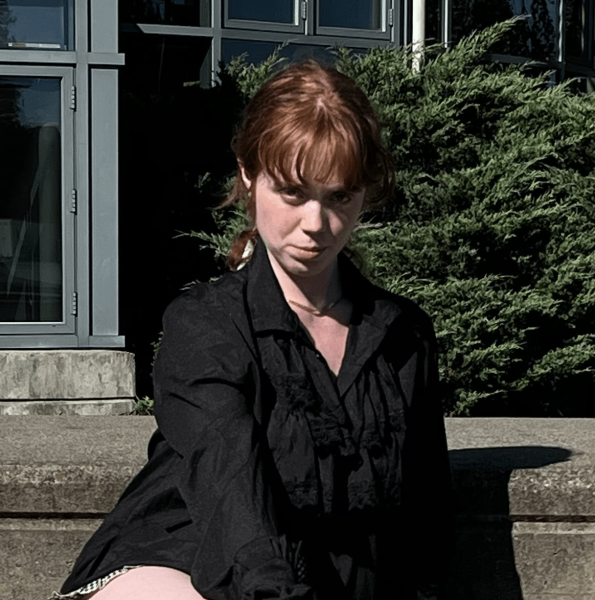Most students on campus are in one of three situations: Some students are in healthy relationships with a respectful romantic partner. Others are single and may have preferences in prioritizing academics. Simultaneously, it’s no secret that others are victims of complex situations surrounding intimate partners displaying various offensive behaviors. Who can we turn to in our hours of need? How else can we maintain healthy, safe lives in a campus community with insidious offenders on our tails?
Intimate partner violence has been no stranger in higher-educational environments. In 2021, the National Coalition Against Domestic Violence (NCADV) reported that 39.2% of women and 30.9% of men in Vermont experienced intimate partner violence in their lifetimes. According to the campus safety magazine, even 20%-25% of women will experience an attempted or completed moment of sexual violence throughout their college careers. Sexual abuse may occur in full swing during a toxic relationship but does not need to appear to deem a toxic relationship unhealthy.
Becky Gonyea is the Executive Director of the Clarina Howard Nichols Center (CHNC) – a non-profit organization dedicated to domestic violence and abuse prevention in Lamoille County. The organization is located in Morrisville and named for Clarina Howard Nichols, a human rights activist in the late 1800s. Since 1991, CHNC has served an annual average of 400 people through many services. In addition, Gonyea is an alumnus from VTSU-Johnson’s (Johnson State College) class of 1995.
“We generally talk about healthy vs unhealthy relationships,” says Gonyea. “Sometimes what can seem innocent, romantic, and exciting can later be understood as early control tactics, such as not wanting the survivor to spend time with other people, texting the survivor repeatedly, and questioning where the survivor spends their time.”
Depending on the love interest in mind, it can be enjoyable to envision the “perfect” and ideal romantic relationship. But not everyone knows certain warning signs that will come beyond that blissful moment of “love at first sight.” According to an article from the health and wellness blog VeryWellMind, Wendy Rose Gould, a staff writer, reports on ten common warning signs within toxic relationships. Several include alcoholism and drug addiction, violent behavioral displays, and constant jealousy. Examples of violent behavior include love-bombing (controlling one’s partner through intensified displays of affection), accusations about someone “having an affair” without evidence, and episodes of intense anger.
A report from USA TODAY’s new database engine, Your Life In Data, entitled “Criminal Offenses on Northern Vermont University – Northern Vermont University-Johnson Campus,” states that from 2015 to 2019, there were many fluctuations in eleven crime categories. Three of those categories were related to sexual assault. Until 2017, a three-point increase rose from two to five rape instances while one fondling case occurred. From 2017 to 2019, a unit-by-unit decrease ensued from three fondling cases to one, and a four-point increase in assault cases made its appearance simultaneously. Trends in all crime cases dropped by 2020.
For students who are interested in looking through further statistics oriented to crimes on campus, The Springfield News-Leader is one out of many online resources to look through. In addition, the Vermont State Colleges Team released a report indicating further trends from 2019 to 2021. There is no further statistical analysis on the remaining progressions throughout recent years. Yet in 2021, six cases of stalking, six dating violence cases, and four cases of forcible sex offense – as opposed to non-forcible sex offense – were reported on the Johnson and Lyndon campuses.
Because abuse is known to be widespread on all college campuses, Gonyea argues that providing a safe, empowering environment is crucial for the well-being of students everywhere. “The college years are an important time for independence, growth, and experimentation,” Goneya adds.
In the case of relationships with intimate partners, research indicates that victims of sexual violence may not realize their complex situations are instances of sexual violence. Gonyea, in response to this finding, says that most of these situations classify as “circumstantial” and that most survivors wrongfully believe that an unexpected abuse will stop if the circumstance that comes with it changes.
“This is true of all types of abuse,” says Goneya. “Emotional, physical, sexual, isolation, financial, and more.”
Those who survived unexpected types of abuse will be at risk of poor mental health, anxiety, risk behaviors, and PTSD.
Luckily, CHNC is happy to partner with VTSU-Johnson as a resource for students and faculty. In addition, Gonyea is pleased with the Wellness Center’s offerings of counseling and support services for students who have experienced violence of any kind. For outreach purposes, CHNC representatives also participated in activities during Consent Week on campus, from September 25 to the 29.
“Sometimes, it is hard to know how to support someone who has been abused,” says Gonyea. “But we’re here to help.”
For those in need of professional assistance, CHNC is open Monday through Friday from 8 am to 4 pm with a variety of on-site advocates to connect with. Students and faculty can connect with CHNC via their 24/7 hotline at (802) 888-5256. If calling the hotline is an uncomfortable option, you can reach an advocate at [email protected].





